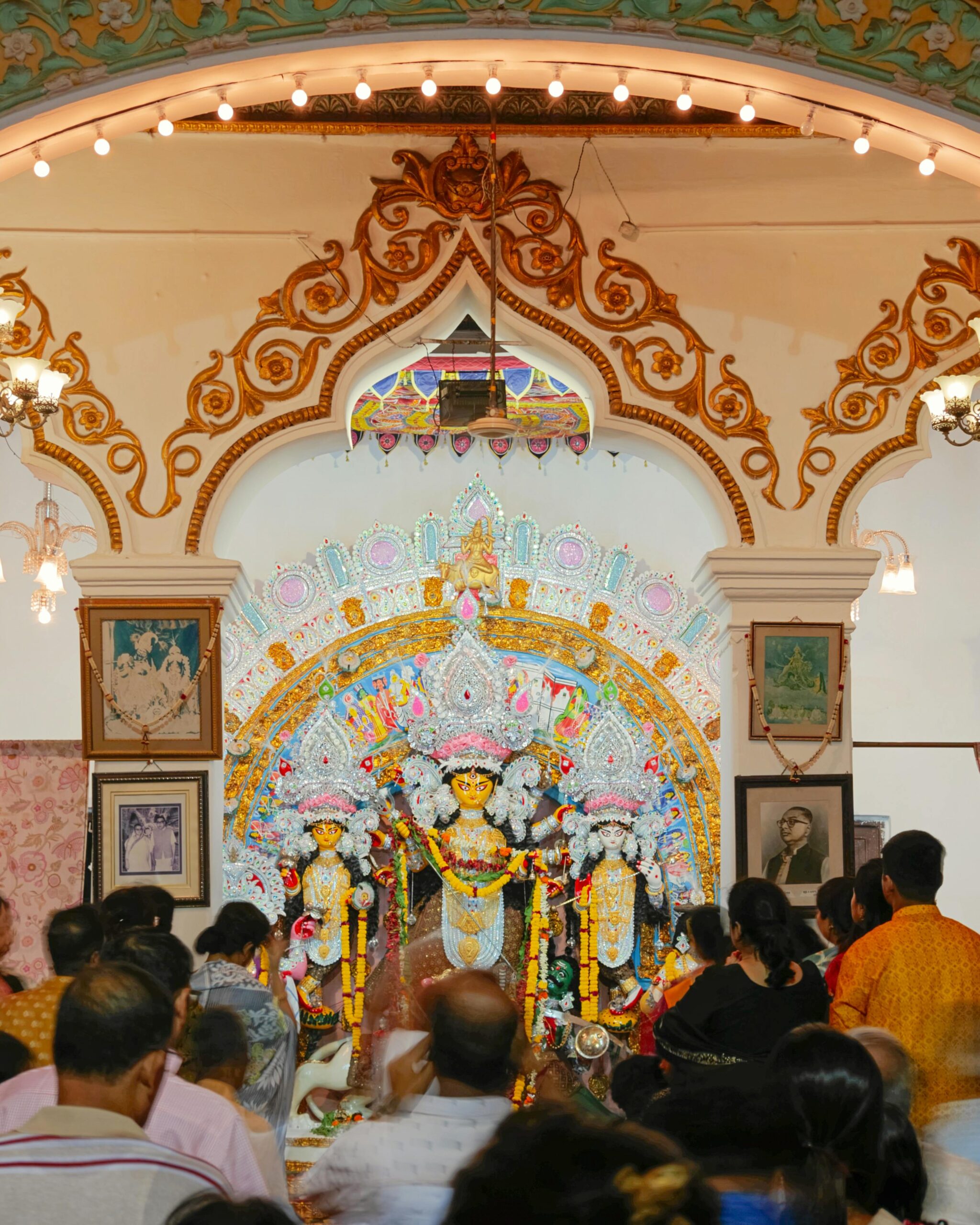
Rituals Over Righteousness: Are We Losing the Spirit of Faith?
- admin
- October 9, 2025
- Capital Journal, Philosophy
- 0 Comments
New Delhi – In India, a land where spirituality and faith have guided civilizations for millennia, the growing emphasis on ritualistic adherence over moral principles has sparked a national reckoning. Are we upholding the essence of our beliefs, or are we blindly following rituals that contradict their foundational values?
The Growing Disconnect Between Practice and Purpose
The shift from values to ritualistic displays is evident across religious practices.
- Exclusion in the Name of Tradition
- The 2018 Supreme Court ruling on women’s entry into Kerala’s Sabarimala Temple exposed a deep divide. While protesters defended the ban on “tradition,” critics argued it violated the Hindu ethos of inclusivity and equality.
- Such debates highlight how rules often overshadow faith’s inherent teachings of fairness and respect.
- Environmental Harm as Devotion
- Festivals like Ganesh Chaturthi continue to cause significant ecological damage. The Central Pollution Control Board reported a 25% increase in water pollution post-immersion ceremonies in 2022, raising concerns over whether devotion aligns with environmental ethics.
Faith for Display: The Rise of Performative Piety
Faith, once deeply personal, is increasingly becoming performative.
- The Social Media Spectacle
- Worship and rituals are now often displayed for online validation. Hashtags like #BlessedLife trend, but a 2023 ICSSR study found that while 67% of young Indians post about their religious practices, only 18% reported a deeper spiritual connection.
- Lavish Rituals vs. Ethical Acts
- Grand ceremonies often overshadow quiet, meaningful acts like charity or community service, shifting the focus from living faith to showcasing it.
Dogma vs. Morality: A Divided Faith
Rigid adherence to dogma has perpetuated exclusion and conflict, undermining the principles of empathy and harmony.
- Caste-Based Discrimination
- Despite legal bans, caste-based exclusion remains prevalent. The NCRB recorded over 50,000 caste-related crimes in 2022, many rooted in religious justifications.
- Interfaith Tensions
- Debates over interfaith marriages and communal practices have turned contentious, with dogma often fueling intolerance rather than fostering understanding.
Reclaiming the Essence of Faith
To bridge the gap between ritual and righteousness, India must realign its practices with its moral foundations.
- Inclusivity and Sustainability
- Initiatives like eco-friendly festivals and interfaith dialogues can refocus attention on shared values and ethical responsibility.
- Education and Reflection
- Teaching the ethical foundations of religion in schools can foster critical thinking and personal introspection.
Conclusion
Faith should inspire unity, compassion, and introspection. However, when rituals overshadow the values they symbolize, the essence of belief is lost.
India must ask itself: Are we honoring the spirit of our faith or merely clinging to its superficial practices? In rediscovering its core principles, the nation can preserve the profound wisdom that has shaped its spiritual heritage.



